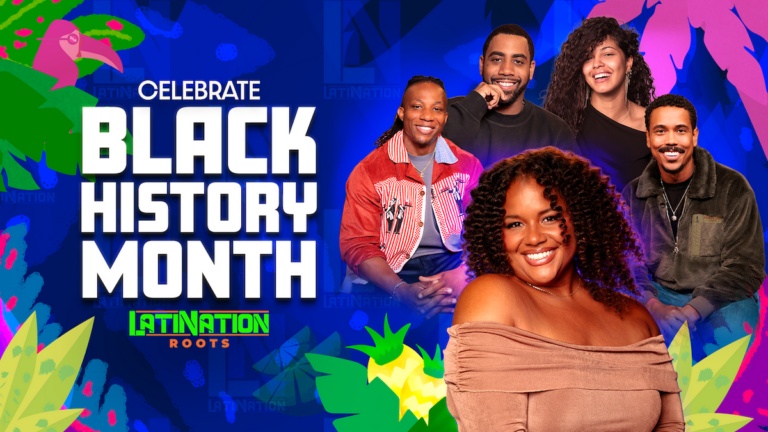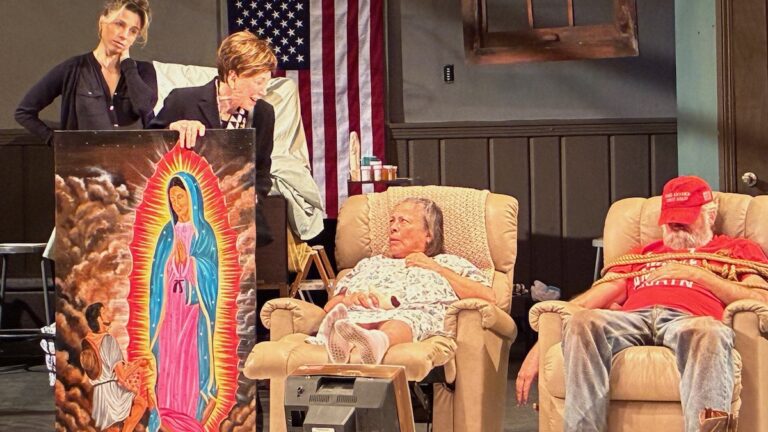
A new study of diversity in television programming by Nielsen Media Research points to a record level of on-screen representation, with Latinos showing remarkable gains in broadcast TV but still substantially lagging in streaming platforms and cable. Also, many surveyed viewers say they are not represented accurately.
Seventy-eight percent of the 2020-2021 TV season shows have some presence of racial, ethnic, gender, or sexual orientation diversity, according to Being Seen on Screen: The Importance of Quantity and Quality Representation on TV, Nielsen’s latest Diverse Intelligence Series report. The study surveyed the top 1,500 programs.
The U.S. Census reports that minorities account for 42.2 percent of the US population, with Latinos being the largest group among them with 62 million or 18.7 percent of the nation’s demographics.
The Nielsen study reports that “Hispanic/Latinx broadcast Share of Screen appears close to parity at 22% with in-language programming being a key driver.” However, they skew heavily broadcast at 22.1 percent, compared to subscription video on demand, or streaming platforms, at 8.5 percent and cable at 3.5 percent.

The report also says that Latino programming is recognizing the inclusion of intersectional groups, like Afro-Latinos, who are over-represented in genres such as action/adventure, comedy, music, horror and the so-called reality TV genre. Still, the document also points to the need to increase intersectional representation, a racially and ethnically diverse group united by culture. More than 20 million Latinos identify as belonging to two or more races, a 567% increase from 2010, according to the report. Furthermore, when using role descriptions, Latinas are associated with the keywords “TV reporters, athletes, teammates, victory and nieces.”
The report also points to other notable disparities in representation across all identity groups seen on cable, broadcast, and streaming platforms. Black talent is above on-screen parity, yet 58 percent of Black audiences say there is still not enough representation. The representation of South and Southeast Asians remains far below parity, compared to that of East Asians. Native American cultures are inaccurately represented or are missing altogether from America’s most-watched genres, such as drama, action/adventure and so-called reality TV.
“If you simply look at that high percentage point, you might think the majority of identity groups are well-covered,” says Stacie de Armas, Nielsen’s senior vice president of Diverse Insights and Initiatives. “But lack of representation and diversity in popular content is more nuanced.” She adds, “Looking back at the media moments this year, diverse casts and stories have been in the headlines. Yet, according to Nielsen’s recent research, almost a quarter of people still feel that there is not enough content that adequately represents people from their identity group.”
To obtain a copy of the report click here.





